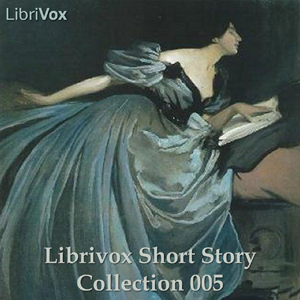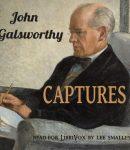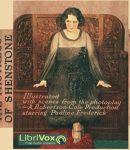Comme l’indique le titre, ce sont différents pensées de l’auteur, sur la vie, l’être humain, aussi la vie politique, avec deux textes, “De la Monarchie selon la Charte”, et “Réflexions politiques”. Chateaubriand, homme de lettres si talentueux et homme politique, Pair de France, fut un très ardent défenseur de la liberté d’expression, de la monarchie représentative et de la Charte constitutionnelle du 4 juin 1814. Louis XVIII souhaitait rassembler les Français, bonapartistes, républicains et nostalgiques de l’Ancien régime. Puis il y eut les “Cent-jours”, en 1815. > Louis XVIII est réfugié à Gand, puis rentre et la Seconde Restauration est établie. Son neveu, le Duc de Berry, est assassiné en 1820. Voir, à ce sujet, le livre audio : “Mémoires, lettres et pièces authentiques touchant la vie et la mort du Duc de Berry”, de François-René de Chateaubriand, très intéressant, documenté, sur le plan de l’Histoire de France. Ces deux Livres audio se complètent. La nature a aussi sa place, ici, avec le joli recueil de dix poésies: “Tableaux de la nature”. – “Nous verrons” est un poème ironique, sur le temps, l’humain, et la politique, les gazettes… – “Les Tombeaux champêtres” sont une élégie imitée de Gray, 1796, Londres. L’auteur y fut en exil. Suivent des textes poétiques: – sur la Révolution, la profanation des tombes royales de la basilique Saint-Denis, Napoléon, Condé et son descendant, le jeune Duc d’Enghien mort en 1804 exécuté dans les fossés de Vincennes, choc absolument intense pour les Monarchistes, écrit en 1812; – […]



































